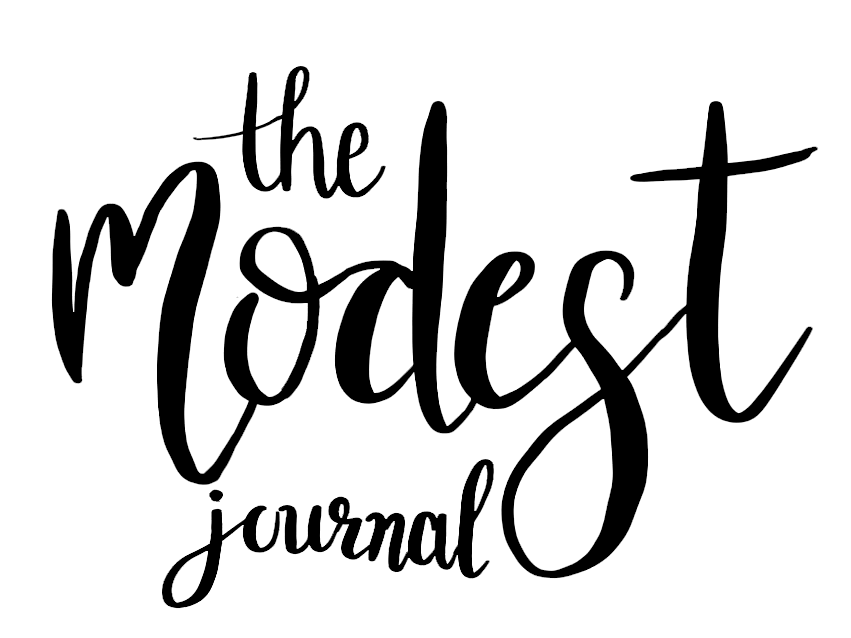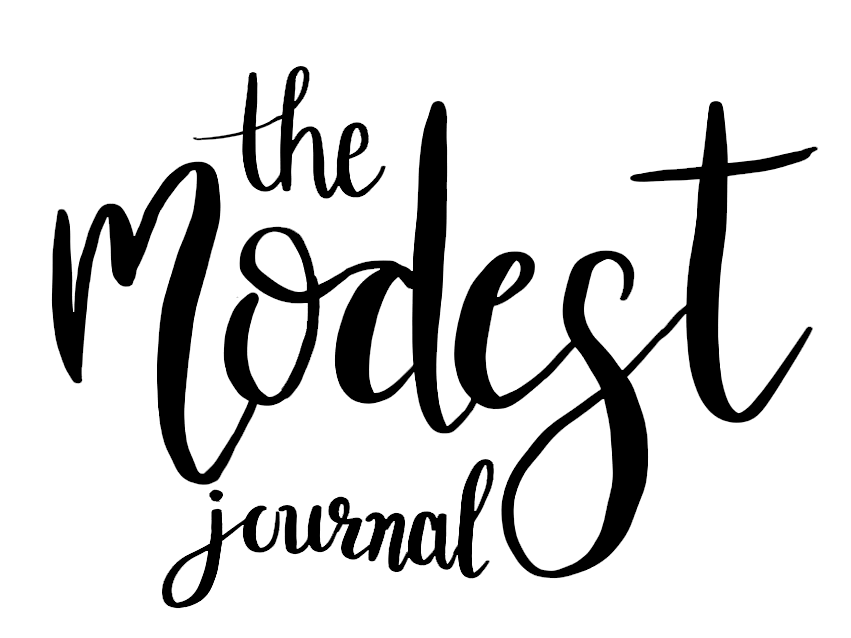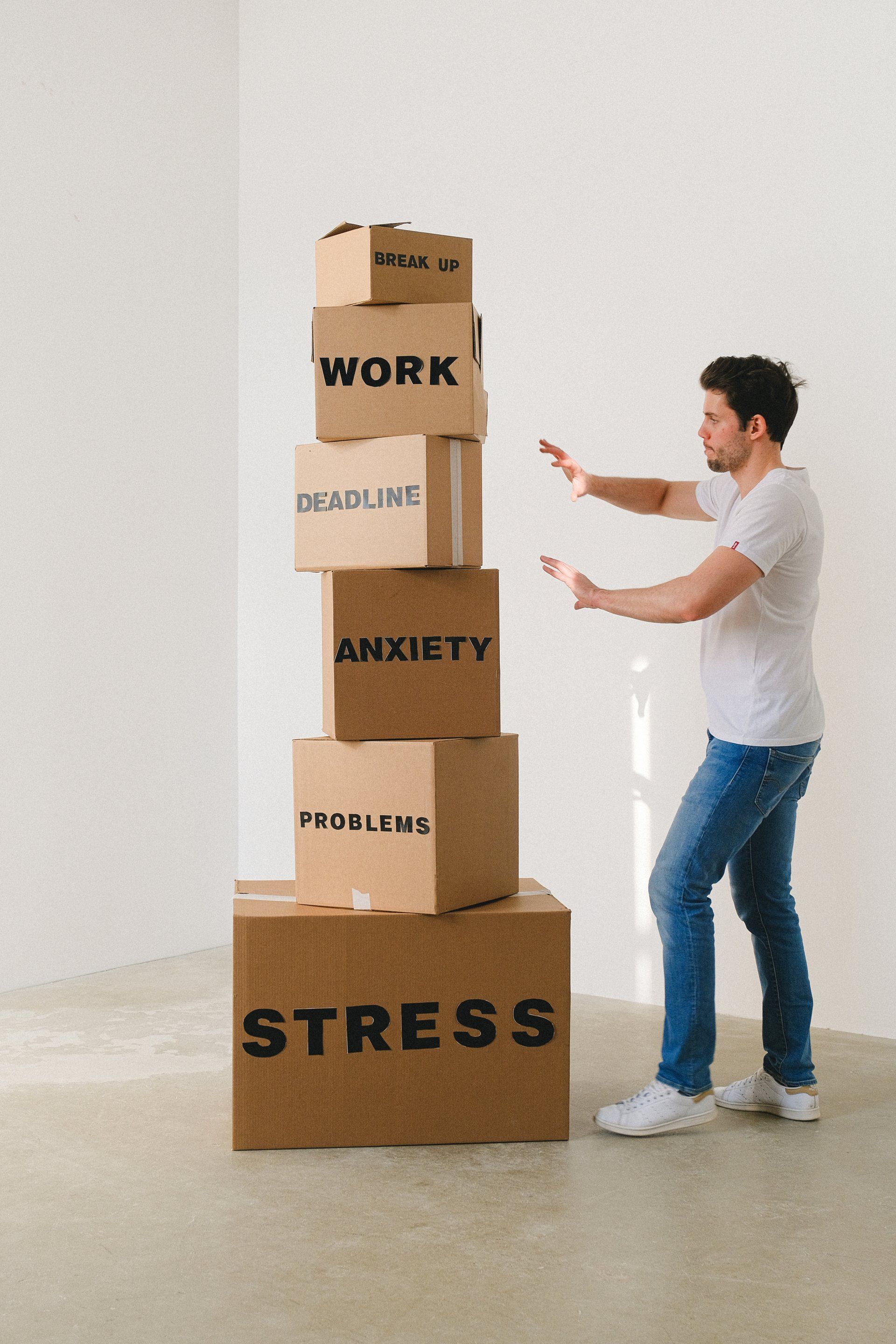Entry No. 21: Two Halves Equal A Hole
“You are not required to set yourself on fire to keep others warm.” Unknown

Codependency as defined by Psychology Today is:
“Codependency is a dysfunctional relationship dynamic where one person assumes the role of “the giver,” sacrificing their own needs and well-being for the sake of the other, “the taker.” The bond in question doesn’t have to be romantic; it can occur just as easily between parent and child, friends, and family members.”
Let me just start by saying the notion that people “complete” each other is a
dumpster fire of
BS. Two half people equal a giant
hole
where your relationship is supposed to be. Your relationships should not be two broken people who
need
each other coming together and become one
whole
person.
Your relationship should be two whole people who enjoy and want each other.
Codependency is
toxic
to any relationship.
While we're on the topic please hear me
loud and clear when I say that this applies to more than just romantic relationships, it applies to our
families
too.
Family members do not get a hall pass to treat you like sh*t because they are your family.
If you have a family member that thinks they don’t have to respect boundaries or have a healthy relationship with you then
cut them out of your life.
I have known people for months who have loved me and treated me better than some of my family members have.
The phrase “Blood is thicker than water” is often incorrectly quoted and referenced. The full saying is “The blood of the covenant is thicker than the water of the womb.”
This means the relationships we nurture are more important than family bonds.
Codependent relationships are more common than we think. They consist of a Giver and a Taker. The Giver in the relationship often has perfectionistic tendencies and wants to feel needed by the Taker, which drives up low self-worth. Oftentimes, the Giver is a
fixer.
But people aren't projects and you are not responsible nor capable of healing another person.
You can not and should not be the world to someone. This places you as the Giver on an unsustainable pedestal, eventually leading to emotional overwhelm and burnout.
The Taker doesn't have to be a
bad
person. They could have been brought up in a dysfunctional household or have experienced trauma in previous relationships that have
warped
their sense of love. Takers are most likely narcissistic and having someone feed into those tendencies allows them to maintain that mental validation. Takers grow to expect
more and more from the Giver, ultimately leaving them feeling pretty empty.
Relationships aren't a 50/50 effort.
Sometimes your partner is carrying 80% of the relationship while you contribute 20%. Sometimes you give 90% and they give only 10%. Efforts will change in the season of your life. If your wife just had a baby, it's reasonable to take on more of the household work so she can recover. If your husband is depressed, it's reasonable that you might have to be planning and doing things to make him happier. Situational effort level changes are healthy and completely normal. The catch is that the effort level is temporary, no one should always be carrying the weight of your relationship or your chores.
A sad truth: we tend to hurt the people closest to us the most because we know they won't leave. The more
love
we have in our relationship the more
trust
we have which means we feel it to be
less necessary to censor ourselves or our words.
If you are in a codependent relationship, you should bring up how you are feeling to your partner as
emotionlessly
as possible. Emotional conversations can turn
volatile
pretty quickly. Having a direct conversation with someone you care about can be
hard, but if you want to salvage the relationship then you need to be
honest
with that person.
You can not blame someone for not meeting unspoken expectations.
If your partner is unwilling to change, then you have to love yourself enough to walk away. Let me repeat that for the people in the back. AHEM.
If your partner is unwilling to change, then you have to love yourself enough to walk away.
Codependent relationships are headed nowhere and
FAST.
Toxic people do not like when you set boundaries and hold them accountable.
Take stock of all the relationships in your life. If you leave their presence feeling drained, used, or burnt out, maybe it's time to
evaluate which relationships we are prioritizing.
Love you more,
Morgan
Check this out Corner: The Five Love Languages by Gary Chapman. Learning how someone in your life expresses love and how they want to receive it can help rework your relationship from feeling one-sided. There is a free quiz online, and I promise it is worth taking.

Morgan Conner
is the passionate creator and driving force behind The Modest Journal. At 28 years old, she wears many hats as the owner, founder, CEO, and self-described "resident words girl."
For Morgan, words are more than just communication—they are her love language, her means of storytelling, and a source of inspiration for others. Her blog is a testament to her desire to merge her passions into a single creative outlet, aiming to bring joy and provoke thought through her words.
Whether she's impacting, inspiring, or offering a fresh perspective, Morgan hopes her writing resonates deeply with her audience.







